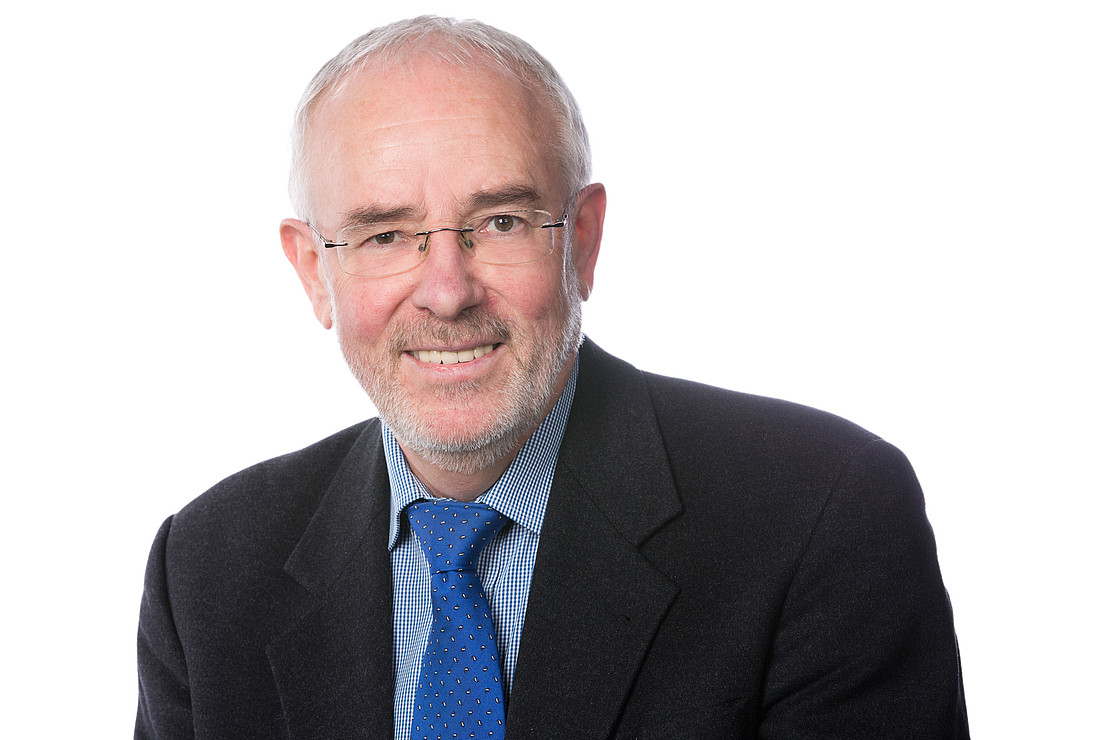This page contains automatically translated content.
"Science must become design-oriented"

The way of life and economy of Western societies cannot be generalized - neither for the entire world today nor for future generations. Western societies live beyond their means and endanger the foundations of life. They are decimating free-living animal and plant species, overfishing the world's oceans and filling them with waste, depleting non-renewable resources and dramatically changing the planetary climate.
What is needed is a new development goal commensurate with responsibility for the future. This is what the world community has seen in sustainable development since the 1992 environmental conference in Rio de Janeiro. Although this goal was originally motivated by the need to improve the environmental situation, it was not limited to this from the outset. A way of life and an economic system are sustainable if they can be justified to the entire world population and to future generations. It may only take as much from the environment as a basis for life and only burden it to the extent that natural developments can cope with this. It must develop economic processes in such a way that they are sustainable in the long term, and it must distribute development opportunities fairly for all present and future fellow human beings.
Since an ecological orientation alone is insufficient for sustainable development, the concept of sustainability has contained three development dimensions since the Brundtland Report of 1987: Sustainability must be achieved ecologically, economically, and socially. These development goals are not harmonious, but conflictual. Therefore, policy must not maximize any single goal to the detriment of the other goals, but must strive for an optimized coordinated development of all three areas. This development is so complex that more and more sub-goals of sustainability are being identified. In 2016, the United Nations adopted 17 "Sustainable Development Goals" for this purpose, covering many areas of society. Achieving these goals will require a major transformation of all lifestyles and economies, especially those in the West.
In this process, universities have a dual social responsibility: for devising exemplary development paths and for changing their own behavior.
Science must develop proposals that contribute to ecologically, economically and socially sustainable development. In this task, it must develop further in terms of content and methodology. In terms of content, it must become design-oriented. Analyses and explanations form the basis, but proposals must aim at a (re)design of ways of living and doing business. Since no single scientific discipline is responsible for this, the search for solutions must be interdisciplinary and integrative. Moreover, science must even become transdisciplinary and transformative. Transdisciplinary research incorporates practical knowledge for both problem description and solution finding. Transformative research reflects from the outset on the conditions (inhibiting and facilitating factors) necessary to implement its recommendations for action.
However, the university must also make an exemplary contribution to sustainability through its economic practices. In Hesse, universities consume half of the energy used by the state administration and cause half of the climate gases. Other areas in which they must improve include resource consumption and waste generation.
The University of Kassel is addressing both of these responsibilities. It embraces the broad understanding of sustainability and aims for a university that operates in an environmentally sound manner on a long-term sustainable economic basis with satisfied employees. In its core tasks of research, teaching, promotion of young scientists and knowledge transfer, it works on solutions for how the world can develop in an environmentally compatible, economically balanced and socially just manner. To implement these goals, it has established a sustainability management system that coordinates improvement measures and reports on them every three years in a sustainability report.
In its sustainability efforts, the university involves the region of North Hesse and develops transdisciplinary and transformative sustainability solutions that are implemented and practiced in a variety of collaborations with the North Hessian business community, administration and civil society.
Text: Prof. Dr. Alexander Roßnagel